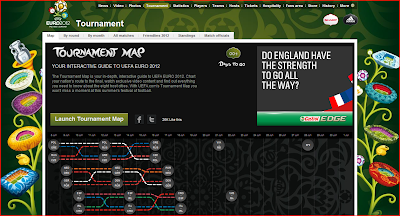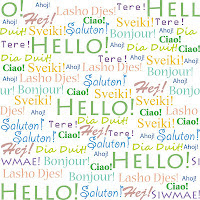EUL Multi grazi por tu suportu in 2012 i un anu grandus 2013!
ENG Many thanks for your support in 2012 and a great year 2013!
DEU Vielen Dank für deinen Support in 2012 und ein grossartiges Jahr 2013!
ENG Many thanks for your support in 2012 and a great year 2013!
DEU Vielen Dank für deinen Support in 2012 und ein grossartiges Jahr 2013!
Being the final blog post of this year we like to say "thank you" to all the "amiki d'Eulingu", especially Andy, Christian, Ivan & Nico, for your continued support, encouragement and contributions which make Eulingu the success it is today.
We have come a long way since we started our little language project in 2005 and while there is still plenty of ground to cover we are very confident and hopeful that 2013 will be another amazing turning point in the development of Eulingu.
Having created a solid "basu d'gramatiku" over the past 2 years we are now able to work on the next level which is the increase of our inventory and reach. While Germanic and Romance influences and languages are quite dominant within Eulingu, it most certainly is time to include the third European branch - li lingi slavis.
Kvantitu & kvalitu
Both "kvantitu" and "kvalitu" need to go hand in hand during that period while we grow and get exposed to a wider European audience. Eulingu is a great language project and will hopefully over time transform into an accepted "European language". We need to make sure that this continues to happen in the most natural way as possible by respecting existing European languages, cultures and traditions. We are blessed to have such great supporters within a vibrant language community who understand the sensitivities and requirements of our project and we are very grateful to have you all on board!
Both "kvantitu" and "kvalitu" need to go hand in hand during that period while we grow and get exposed to a wider European audience. Eulingu is a great language project and will hopefully over time transform into an accepted "European language". We need to make sure that this continues to happen in the most natural way as possible by respecting existing European languages, cultures and traditions. We are blessed to have such great supporters within a vibrant language community who understand the sensitivities and requirements of our project and we are very grateful to have you all on board!
See you all again in 2013!
Kes estut pense? Qué te parece? What do you think? Qu'en pensez-vous? Was denkst du?
© 2012 Amiki d'Eulingu






































